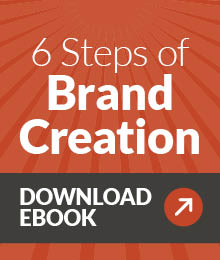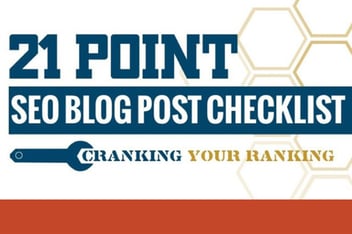Inbound Links: Website Essential for SEO Success

The algorithms that decide which web pages earn the coveted top positions in organic search are constantly changing, at least slightly, and definitely complex (as you can see here: What Makes Website SEO So Complicated?). There is much more to SEO success then using a few keywords in key places.
One essential component in improving SERP rankings is the backlinks, or inbound links, connecting from other pages back to yours. These types of links are important for both search rankings and for directly connecting new visitors to your site.
How to Increase Links
Blogging
In order to gain inbound links, you need to provide something your website visitors, customers, industry peers and other will want to link to. A business blog is a key component in providing the quality educational or entertaining content that is shared and linked to by others.
Of course, building a consistent business blog has other SEO benefits as well, including providing opportunities to create content focused on the keywords and search phrases for which you want to rank.
Quality content and landing pages
Along with your blog, the website pages most likely to be shared or linked by others include landing pages for downloadable content such as reports, ebooks, case studies and templates. Encourage your leads and others who access this type of useable content to link to it from their own blogs and social media accounts.
Guest blogging (and guest bloggers)
Writing guest posts for other blogs, and inviting others to write guest posts for your blog, are great ways to expand the links coming to your site.
Typically, when you guest blog for another website, you will have the opportunity to include a short bio, which should link back to your website. You could also incorporate links to related content on your site that enhances the topic of the guest post.
You would extend the same courtesy to a guest blogger, who in turn will likely promote their post on your blog, possibly within a blog of their own (complete with backlink)and on social media channels.
Social media
While the precise weight of the influence of social media shares is difficult to pin down, SingleGrain and BackLink’s infographic (shown in this blog post) suggests that SERP results are impacted by both volume of links from tweets and status updates and the authority of the accounts from which those links originate.
Make sharing your content—both blog posts and landing pages—easy for visitors by including social icons on each page and incorporating Click to Tweet quotes into your blog posts.
Directories
While these types of websites, which congregate information about businesses and sites, don’t offer as much authority as other sites, they can still add to your SEO efforts, especially for local businesses.
Think Yelp, Facebook, Google+, and then beyond to listings maintained by organizations to which you belong, such as chambers of commerce or industry associations.
This blog post from Moz.com goes into detail about the costs, pros and cons of various approaches to directory listings: The True Cost of Local Business Directories.
Backlinks generated through the five strategies listed above are just one piece of the puzzle in creating a website that attracts visitors, captures leads and enables sales. Find 24 more essentials in our free ebook: 25 Website Must-Haves. What other strategies have you used to increase inbound links to your site?













